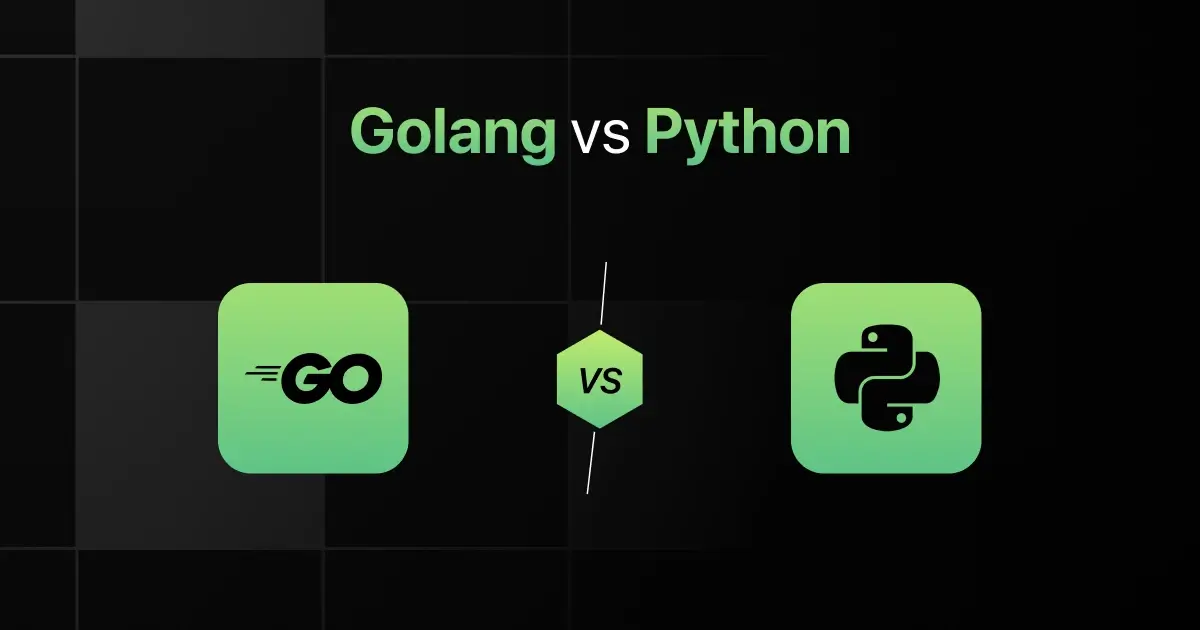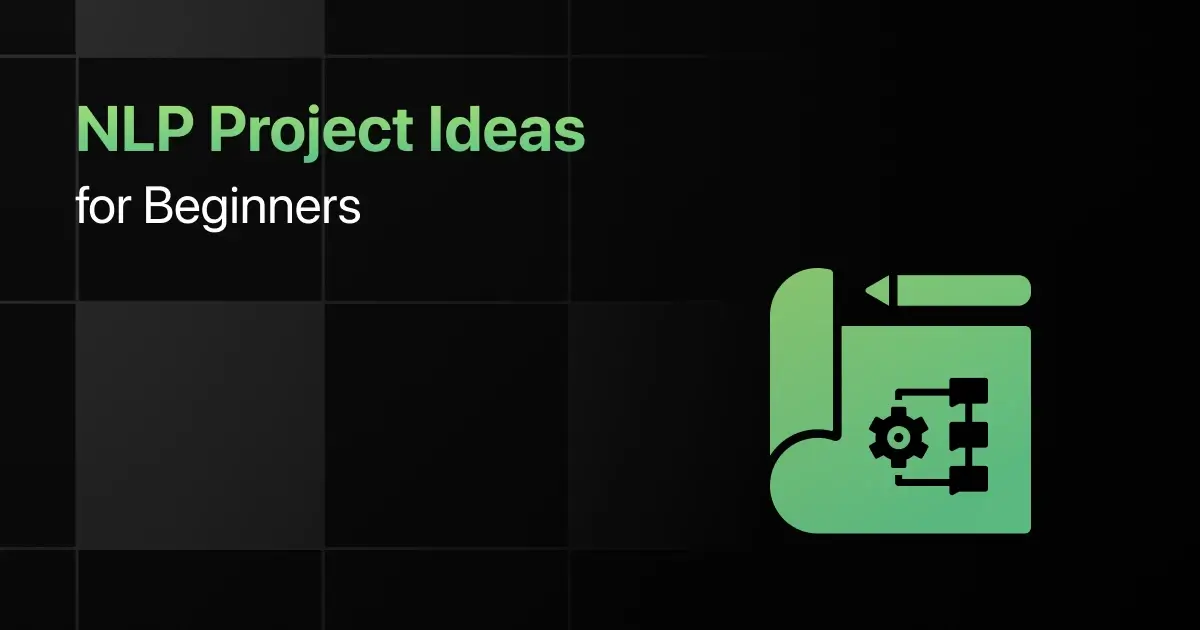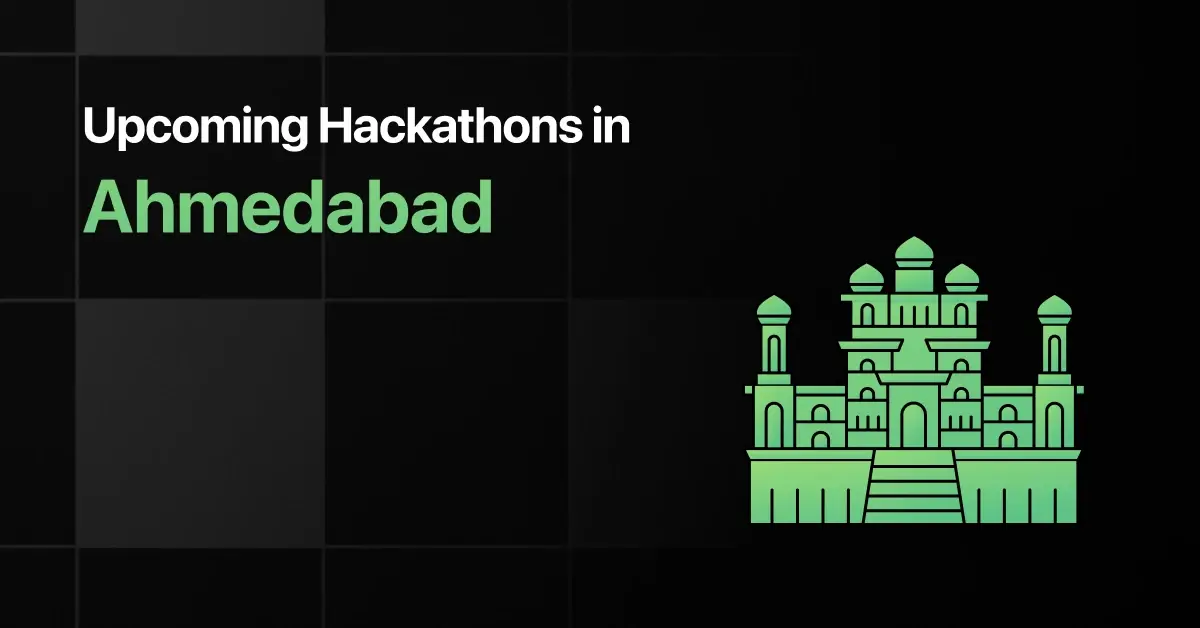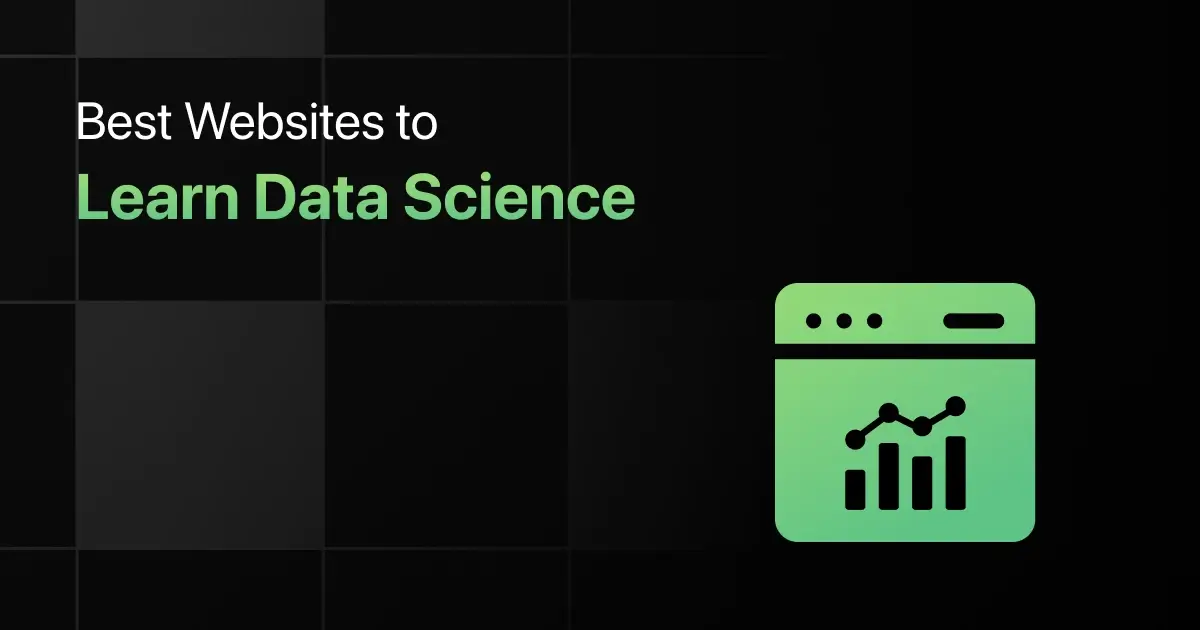When comparing Golang and Python, looking at what sets them apart is important. The discussion about Golang vs Python is common among programmers deciding which language to use for their projects.
The question of Golang vs Python which is better? or Golang vs Python which is best? depends on what you need for your specific project.
In this article, let’s know the differences between Golang and Python.
Golang vs Python: Understanding the Key Differences
When comparing Golang and Python, it’s crucial to understand the key distinctions that define their usage and capabilities.
One of the most important differences is that Golang is a statically typed, compiled language designed for system-level programming and concurrency, whereas Python is a dynamically typed, interpreted language known for its simplicity and readability, often used for web development, data analysis, and scripting.
The following are other major differences between Golang and Python:
| S. No. | Parameters | Golang | Python |
|---|---|---|---|
| 1 | Developed By | Guido van Rossum | |
| 2 | Release Year | 2009 | 1991 |
| 3 | Paradigm | Multi-paradigm: Procedural, Concurrent, Functional | Multi-paradigm: Procedural, Object-oriented, Functional |
| 4 | Syntax | Strict, concise, fewer features | Simple, clean, and easy to read |
| 5 | Performance | High performance due to compiled nature | Generally slower, but can be optimized with libraries like NumPy |
| 6 | Applications and Use Cases | System programming, microservices, concurrent applications | Web development, data analysis, scripting, automation |
| 7 | Learning Curve | Moderate learning curve | Gentle learning curve, especially for beginners |
| 8 | Libraries and Frameworks | Fewer libraries, but the growing ecosystem | Extensive libraries and frameworks for various applications (e.g., Django, Flask, TensorFlow) |
| 9 | Platform Independence | Yes, can run on various platforms | Yes, highly platform-independent |
| 10 | Concurrency and Multithreading | Excellent built-in support for concurrency | Basic support often requires additional libraries (e.g., threading) |
| 11 | Tooling and IDE Support | Good support with tools like Visual Studio Code, JetBrains GoLand | Excellent support with tools like PyCharm, Jupyter Notebooks, VS Code |
| 12 | Memory Management | Automatic, with garbage collection | Automatic, with garbage collection |
| 13 | Error Handling | Basic error handling with simple constructs | Advanced error handling with try-except blocks |
| 14 | Security | Good security features, especially for backend services | Strong security features, including extensive libraries |
| 15 | Scalability | Highly scalable, suitable for large-scale, concurrent applications | Scalable, suitable for large-scale applications, especially in web development |
| 16 | Key Features | Concurrency, simplicity, fast compilation times | Readability, extensive standard library, versatility across domains |
| 17 | Integration with Other Technologies | Good integration capabilities | Excellent integration with various technologies and systems |
| 18 | Community and Support | Growing community, active development | Large and active community, extensive documentation |
| 19 | Job Opportunities | Increasing demand, especially in system-level and backend development | High demand in various industries, including tech, finance, healthcare |
| 20 | Future Prospects | Bright, with expanding use in system and backend services | Very bright, with growing use in emerging technologies like AI, machine learning, and data science |
Golang vs Python: Which One to Choose?
Choosing between Golang and Python can be challenging, but by understanding their distinct advantages, you can make an informed decision.
Choose Golang If:
- You are interested in building high-performance systems, such as network servers or distributed systems, where Go’s lightweight goroutines and built-in concurrency model excel.
- You value a language designed with simplicity and efficiency in mind, offering powerful standard libraries that streamline building scalable and high-performance applications.
- You need a statically typed language that compiles to machine code, providing faster execution and resource efficiency, making it ideal for backend services where performance is crucial.
- You seek a language that is well-suited for developing microservices and cloud-native applications, thanks to its robustness, compact syntax, and ease of deployment.
- You focus on projects that require reliable, efficient, and easy-to-maintain code for large-scale and long-lived applications, particularly in modern enterprise environments.
Choose Python If:
- You are interested in roles such as data analyst, machine learning engineer, or software developer in industries like finance, healthcare, or technology due to Python’s strong presence in these fields.
- You want access to a vast range of libraries, frameworks, and tools that support web development, data analysis, artificial intelligence, and more.
- You need a language that balances reasonable execution speed with excellent memory management, especially useful in scripting, automation, and data analysis tasks.
- You prefer a programming environment that supports cross-platform compatibility, enabling development and deployment on multiple operating systems including Windows, macOS, and Linux.
- You are working on projects related to web development, artificial intelligence, scientific computing, or data visualization, as Python offers specialized libraries and frameworks for these applications.
Final Words
The main difference between Golang and Python lies in their design and use.
The purpose of understanding the Golang vs Python difference is to choose the right tool for the job, depending on factors like the project’s size and how easy it is to maintain.
Frequently Asked Questions
1. What are the key differences between Golang and Python?
The key differences between Golang and Python:
- Golang is statically typed and compiled; Python is dynamically typed and interpreted.
- Golang excels in system-level programming and concurrency; Python is known for its simplicity and readability.
- Golang has a strict and concise syntax with fewer features; Python has a rich set of libraries and frameworks for various applications.
2. Which is better Golang or Python? Which one to choose?
Choose Golang for system-level programming and performance and choose Python for web development, data analysis, and ease of use.









